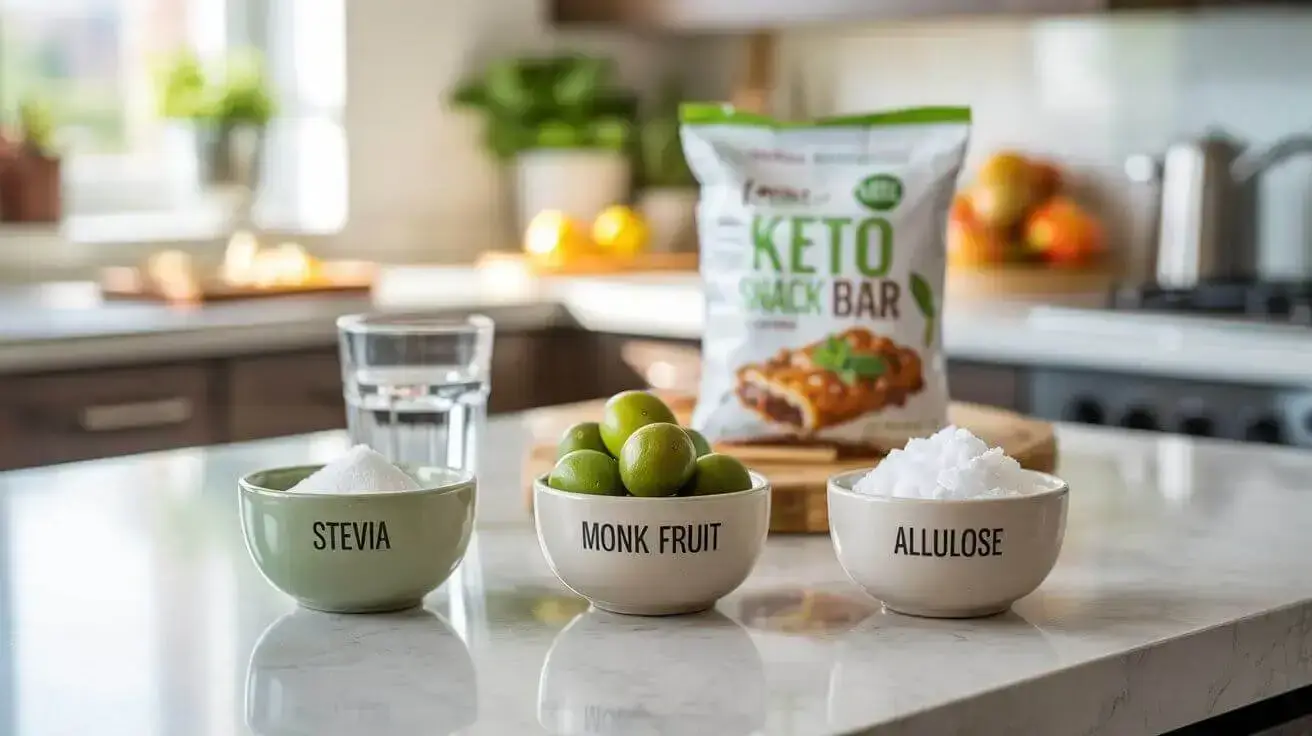Why Fermented Foods Matter
Fermented foods for gut health are one of the most effective ways to improve digestion naturally. Fermented favorites like kefir, kimchi, sauerkraut, and miso aren’t just there for flavor — they deliver live microbes, bioactive compounds, and prebiotic fibers that help your gut thrive. Unlike single-strain probiotic pills, these foods bring complete microbial communities that can reduce inflammation, improve digestion, and strengthen your gut barrier.
Key research, like Dahiya & Nigam (2022) shows that traditional ferments boost friendly bacteria like Lactobacillus and Bifidobacterium better than many supplements.
Top 9 Fermented Foods for a Healthy Gut

Including fermented foods for gut health regularly can help your microbiome stay balanced and support overall well-being.
| # | Food | Why It Helps |
|---|---|---|
| 1 | Kefir | 30+ strains; boosts diversity and gut barrier health. |
| 2 | Kimchi | Lactic acid bacteria + antioxidants that calm inflammation. |
| 3 | Sauerkraut | Fiber-rich cabbage with live cultures for smoother digestion. |
| 4 | Miso | Probiotic soybean paste loaded with immune-supporting nutrients. |
| 5 | Tempeh | Fermented soy packed with protein, prebiotic fiber, and spores. |
| 6 | Yogurt (live-culture) | Classic source of Lactobacillus & Bifidobacterium. |
| 7 | Kombucha | Fermented tea with SCOBY; provides organic acids + antioxidants. |
| 8 | Natto | Soybeans rich in Bacillus subtilis, great for gut and heart health. |
| 9 | Naturally Fermented Pickles | Salt-brined cucumbers bursting with live lactobacilli. |
Fermented Foods vs. Probiotic Pills: What Really Matters

Many people wonder if fermented foods are really better for gut health than probiotic pills.
Diversity: Fermented foods deliver dozens of live strains, plus short-chain fatty acids (SCFAs), polyphenols, enzymes, and other bioactive compounds — far beyond what you’ll find in most capsules.
Effectiveness: According to Dahiya & Nigam (2022), fermented foods offer a natural mix of probiotics, prebiotics, and postbiotics that work together to support gut health, strengthen the microbiome, and even influence the gut–brain axis in ways isolated supplements can’t.
Practicality: Eating fermented foods a few times a week is a more complete, affordable, and sustainable way to keep your gut in balance than relying on occasional pills.
How to Start Without Embarrassing Bloating
- Start with one daily serving: ½ cup kefir or 2 tablespoons kimchi.
- Choose raw, unpasteurized options to ensure live cultures.
- Pair ferments with fiber-rich meals to give your new microbes something to feed on.
- Take it slow — mild gas is normal as your microbiome adjusts.
- Pro tip: Track how you feel for 14 days — energy, bloating, bathroom habits — and adjust portions based on your body’s feedback.

Smart Tips for Choosing Quality Fermented Foods
- Look for “live cultures” on the label: That’s how you know the good bacteria are still there.
- Stick to refrigerated options: Shelf-stable products are often pasteurized, killing the probiotics.
- Rotate your choices: Different ferments (dairy, veggies, soy) expose your gut to more strains for better diversity.
- Watch added sugars and sodium: Flavored yogurts, kombucha, and store-bought kimchi can be high in sugar or salt.
Ferments for Specific Needs
- Lactose intolerance? Kefir and some yogurts are easier on your stomach since the bacteria break down much of the lactose.
- Looking for immune support? Miso and natto are rich in nutrients like vitamin K2 and peptides that help support immunity and heart health.
- Have a sensitive gut? Start with small amounts of milder ferments like sauerkraut juice or plain yogurt.
Easy Ways to Add Ferments to Your Daily Routine
- Kefir breakfast smoothie: Blend with fruit and oats for a quick, probiotic-packed smoothie.
- Kimchi side dish: Add to rice or omelets for a spicy kick and gut-friendly microbes.
- Sauerkraut on sandwiches: Top your sandwich or burger with a spoonful of raw sauerkraut for crunch and gut benefits.
- Miso in soups: Use miso as a base for soups and broths; it adds umami and supports gut health.
- Grilled tempeh: Slice and grill with olive oil, soy sauce, and spices — a protein-rich, probiotic alternative to meat.

Keeping Ferments in Your Routine: Avoid Common Mistakes
- Don’t over-ferment at home: If you make your own ferments, follow reliable recipes, maintain hygiene, and control fermentation time — poorly prepared ferments can harbor harmful bacteria.
- Don’t start with big servings: Too much ferment at once can cause intense bloating. Introduce them gradually.
- Mix it up: Adding fermented foods for gut health in different forms throughout the week helps keep your microbiome diverse and resilient.
Benefits Beyond Digestion
- Mental health: Studies in neurogastroenterology show a balanced gut can positively impact mood, helping reduce symptoms of anxiety and depression for some people — thanks to the gut-brain axis.
- Immune system: Up to 70% of your immune cells are in your gut. Regular ferments strengthen the intestinal lining, your first line of defense against pathogens.
- Metabolism: Ferments help regulate blood sugar levels and can increase satiety, supporting healthy weight maintenance.
Paying attention to how your body reacts to fermented foods for gut health is key to getting lasting benefits. Learn more in our article on how to better understand your body’s signals.
When to Talk to a Healthcare Professional
While fermented foods for gut health are safe for most people, if you have autoimmune conditions, a weakened immune system, severe allergies, or serious digestive diseases (like SIBO or Crohn’s), it’s best to talk to your doctor or a dietitian before adding large amounts to your diet. This helps avoid unwanted reactions and ensures you get personalized advice.
Medical Disclaimer: This content is for educational purposes only and does not replace professional medical advice, diagnosis, or treatment. Always consult your physician or a qualified healthcare provider with any questions about a medical condition.










